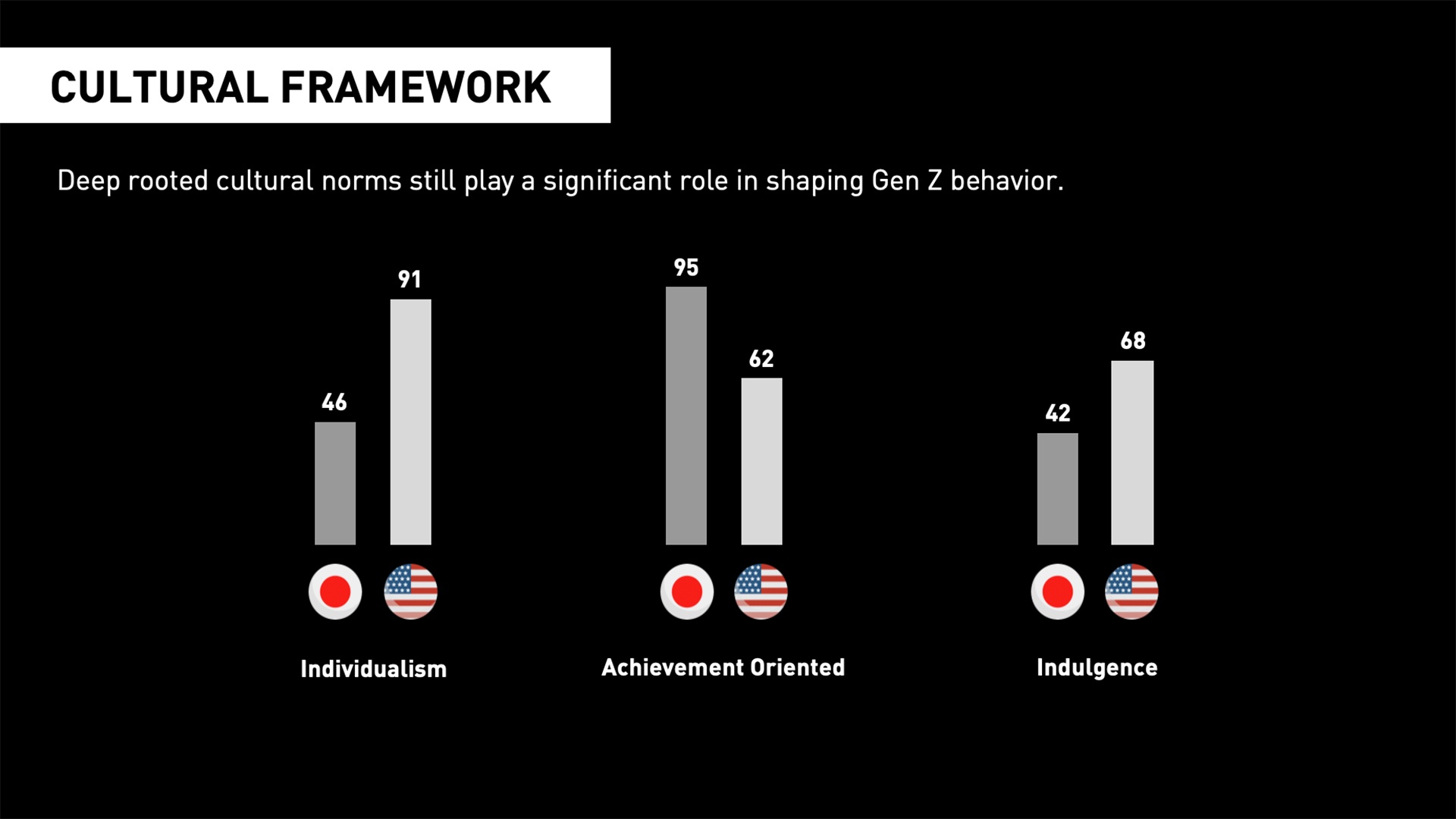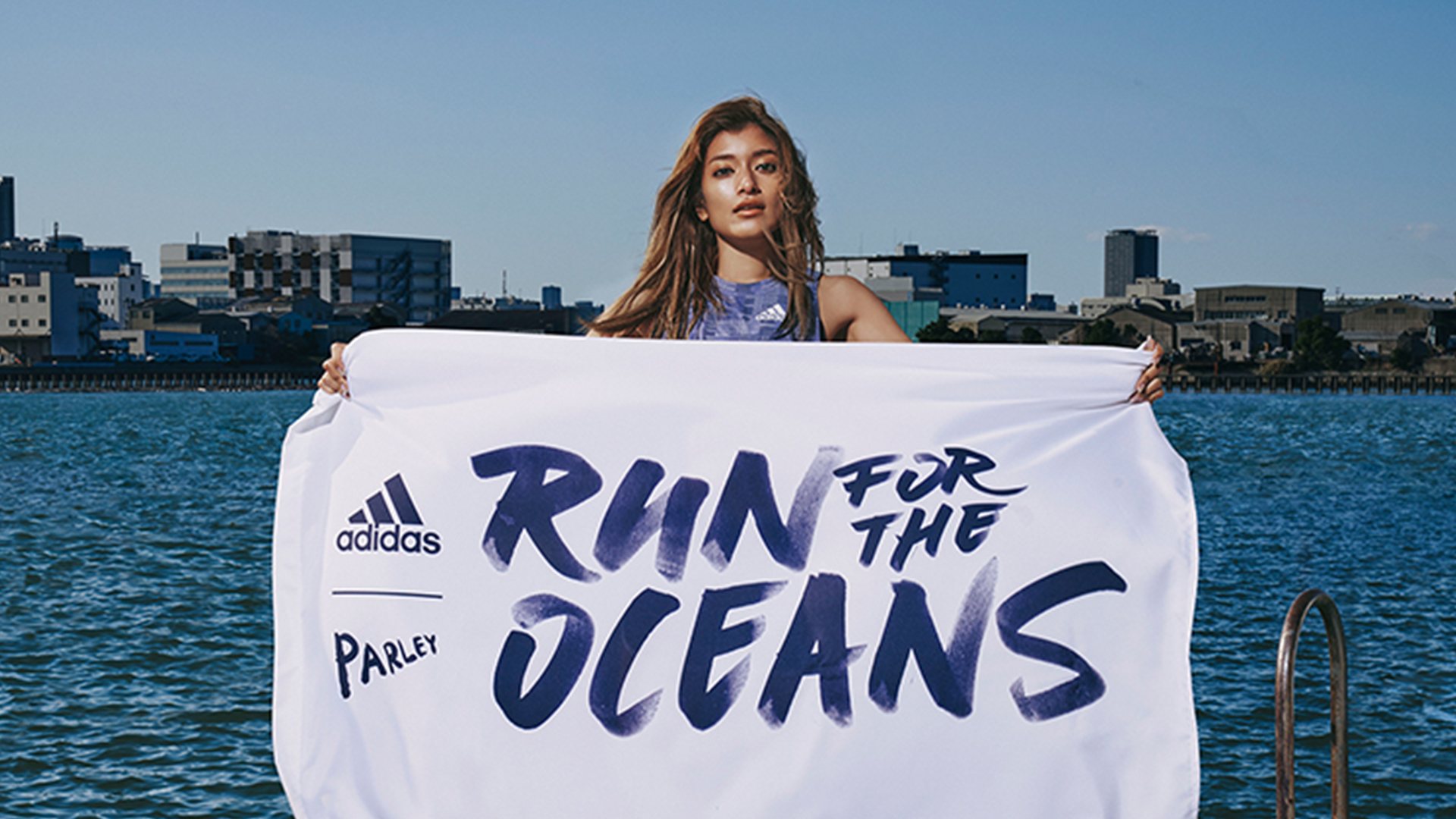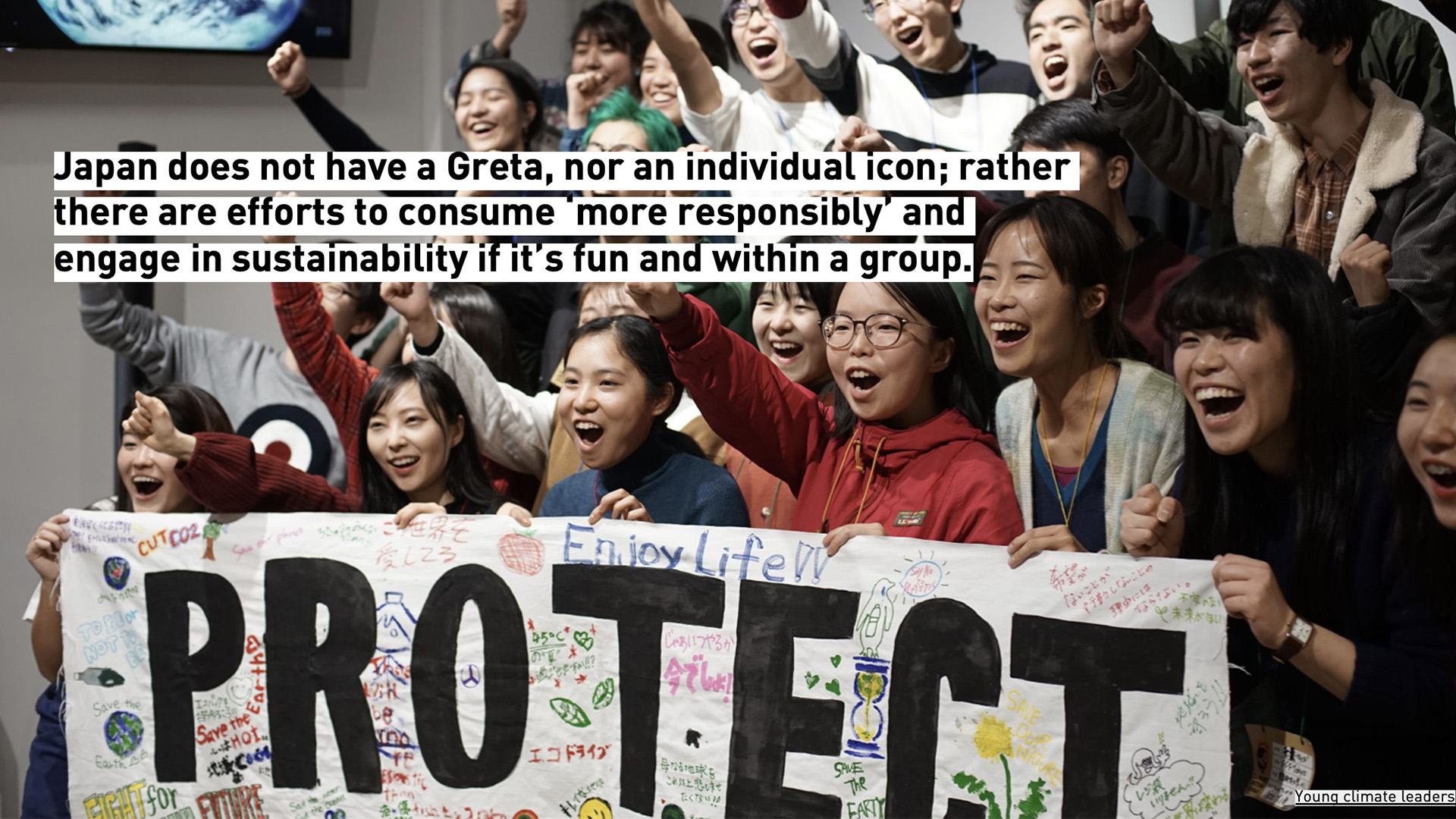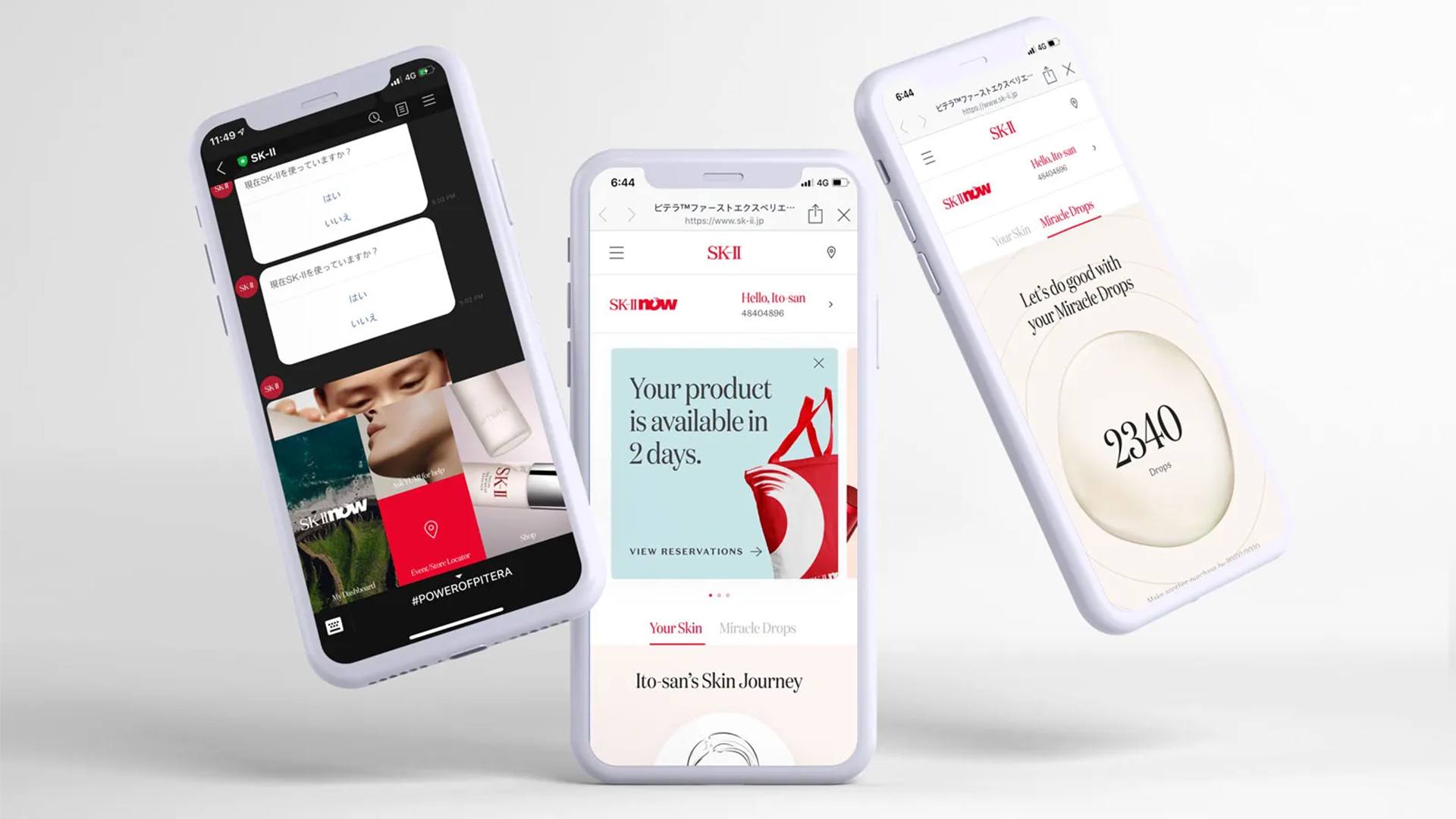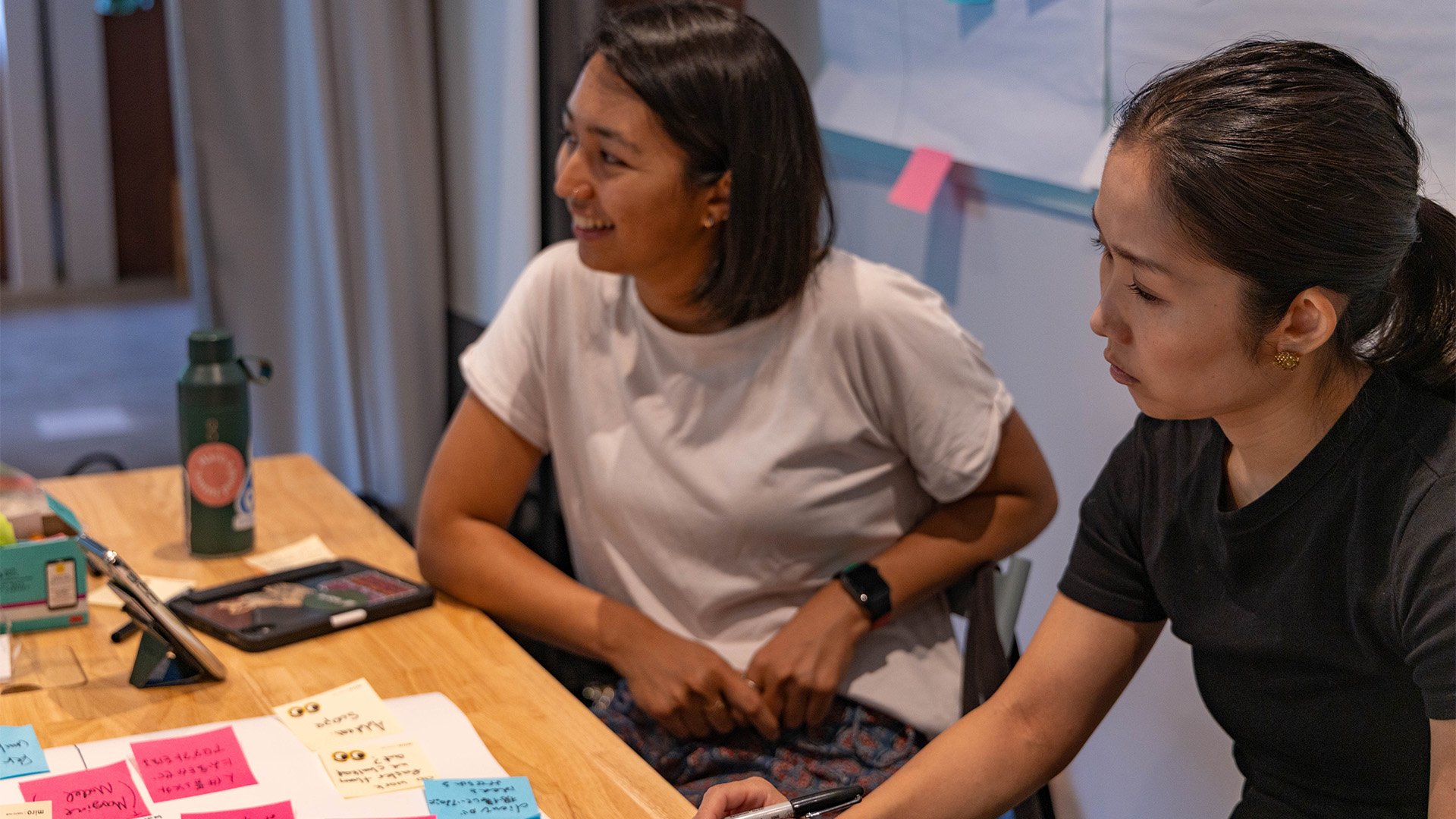Problem
Adidas are an established global lifestyle and sports brand, built on decades of brand affinity and storytelling. Their new global sustainability strategy was ready to be actioned in Japan, but cultural nuances mean sustainability is perceived differently to global contexts.
Global norms and definitions around sustainability and activism are assumed to apply everywhere, but customers in Japan have distinct cultural and societal expectations that bring additional layers and behaviours to these concepts.
Tokyo-based teams in global companies are able to sense these culture gaps, but often lack the evidence or frameworks to articulate them in a way that global stakeholders and leaders can understand. This leads to ineffective investments that fail to connect with customers.
With clear commitments around carbon emissions and eliminating plastic, particularly around an upcycling partnership with Parley for the Oceans, Adidas were looking for new approaches to communicating these strategies in Japan.
